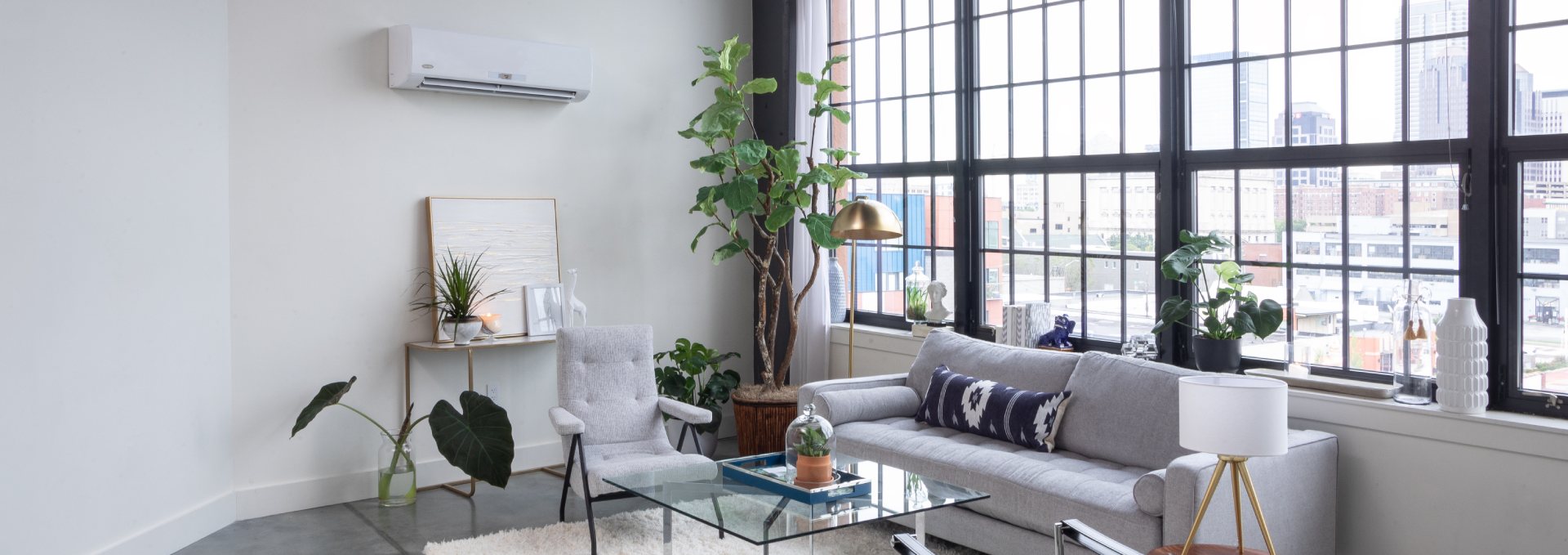
Your heating and cooling expenses may have taken a dip this month as early fall temperatures allow for wide-open windows, decreased humidity, and therefore the need for less air conditioning. However, as the thermometer continues to drop, the demand for a dependable heating system may be on your horizon.
There are a few key factors to consider when calculating the price of a new heating system, and our experts are here to help break it down.
Type of Furnace
“The average cost of replacing a furnace runs between $2,000 and $7,000 based on the model that best meets your needs,” home expert Bob Vila advises. “There are gas, electric, and oil versions, each using varying amounts of fuel that can affect the quality of home heating.”
Make sure you know the energy source you’ll be depending on, and explore available varieties accordingly. In some areas, gas heaters may be less expensive than electric ones, but not if your home isn’t already connected to gas utilities. Your Mitchell Cooling + Heating specialist knows about the most efficient models and can make recommendations based on your fuel source.
Desired Climate Control
Even if you know what type of furnace you want, understanding what size to get depends on your outdoor climate and how much you want to control it. Factors to take into consideration include:
- External humidity, temperature, and wind chill
- Desired internal temperature
- Quality of internal insulation
Though software can help calculate the complex solution, “the final determination is still up to the professional who installs the furnace,” SFGate asserts.
Internal Real Estate
Ultimately, the size of your home matters when it comes to determining your best heating system. If your furnace is too large for your space, you’ll waste valuable money and energy. If it’s too small, you’ll never get quite warm enough.
A Manual J calculation may be one of the best ways to determine the most ideal system for your home. Published by the Air Conditioning Contractors of America (ACCA) to help HVAC contractors design heating and air conditioning systems, this calculation allows HVAC engineers to analyze the thermal characteristics of every wall, floor, ceiling, door, and window — as well as ductwork and the number of occupants — to advise on the heating system that is right for you.
You can also estimate the ideal number of BTUs for your home (and therefore the best size for your heating system) by estimating house square footage and using a simple online calculator. Though these simple mathematics can’t take every nuance into consideration, they can help you estimate an appropriate furnace size.
While there’s plenty you can do to conserve warmth in cooler weather, give the experts at Mitchell Cooling and Heating a call before investing in an entirely new system. We’re available online, and you can also call for advice at 770-995-7585.

